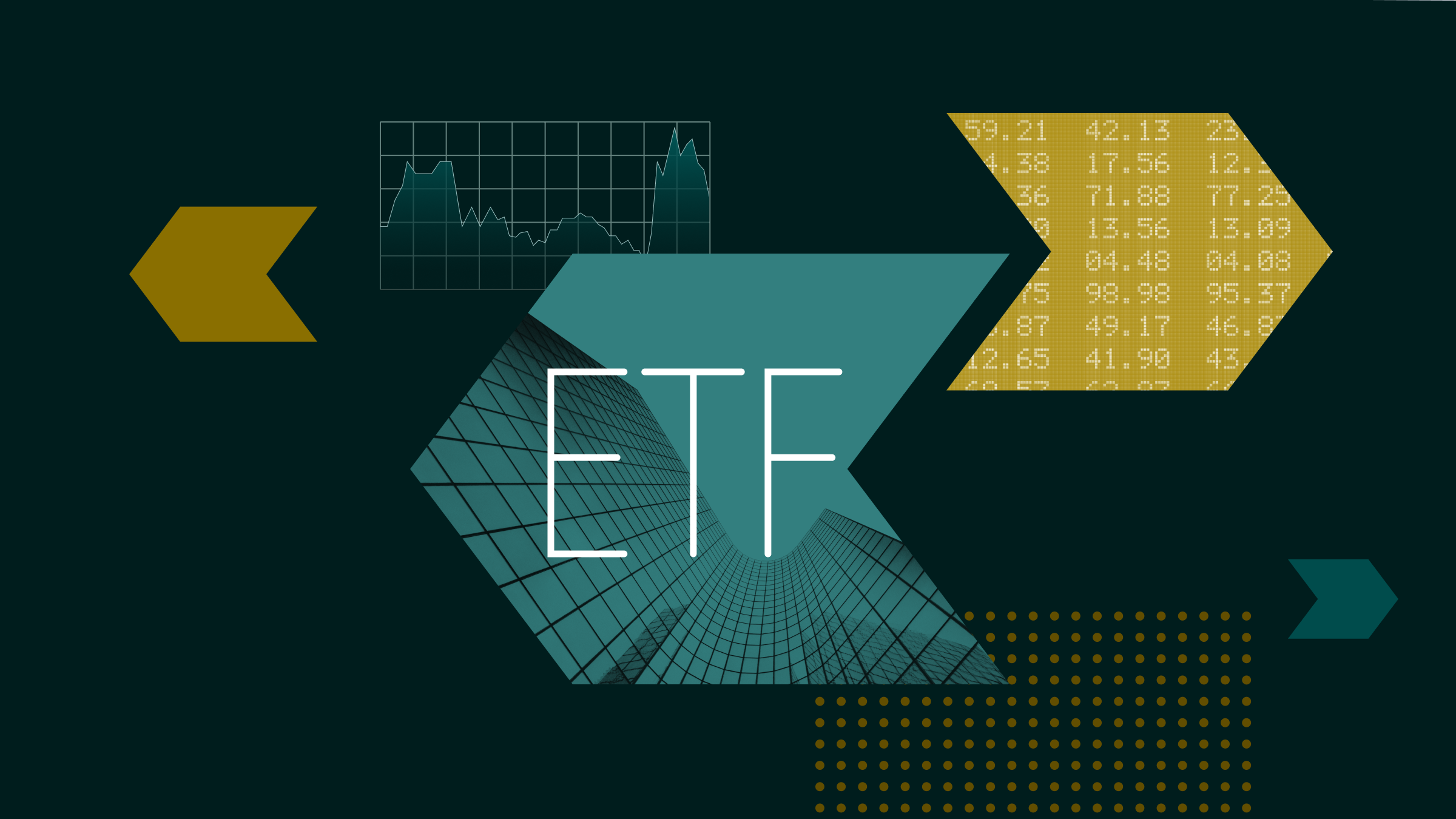The European insurance industry has had a difficult time recovering after the global financial crisis. We believe the sector is particularly challenged because its products have commodity characteristics, which makes it difficult for an insurer to distinguish itself from the pack and increase market share. Even firms which are tapping into emerging market growth have a hard time catering to the increasingly sophisticated and saturated markets.
The current eurozone sovereign debt crisis has the potential to further erode the outlook for the industry. We have put the European insurers we cover under review as we assess the effect of Europe’s debt situation on our fair value estimates.
In the meantime, we highlight our current thesis on the insurers in our research universe. Premium users can access the full equity research by clicking on the company names.
Aegon (AGN)
Aegon faces a difficult and uncertain future in a highly competitive marketplace, and we believe it has no economic moat. Outside the challenging environment in developed markets, Aegon has been pursuing growth in emerging markets but it is not the only insurer to do so. For all the growth potential, we expect increased consumer sophistication and greater producer competition to erode returns for life insurers in the developing world.
Allianz (ALV)
Serving more than 76 million customers in 70 countries, Allianz is a leader in providing financial services worldwide. While most of its current product offerings are in the insurance sector, Allianz also owns PIMCO, one of the world's largest asset managers, and had a presence in banking prior to unloading Dresdner bank in 2009. Yet for all these resources, we don't think the firm has an economic moat. In addition, despite contributions from the asset management business, growth in book value per share, a common measure of insurance company performance, has been unimpressive--essentially flat over the past five years.
Aviva (AV.)
Aviva intends to focus on continued margin improvement while building a global brand in selected markets. In Europe, its strength in the bancassurance channel provides cross-selling opportunities for life and general insurance. Although we respect management's attempt to realign Aviva's strategic objectives, we think the business lines work against these endeavours. Life insurance and retirement-related products are an unattractive business. The combination of elevated financial risk and an uncertain future in highly competitive markets makes an investment in Aviva stock risky, in our view.
AXA SA (CS)
AXA's insurance operations compete in market segments we tend to view sceptically from an economic moat perspective. Even if AXA can overcome these concerns, we still think shareholders are at risk from the high leverage the firm carries. Another round of financial turmoil could have a major impact on AXA's equity and could result in the need to raise capital at the expense of existing shareholders.
Generali Assicurazioni (G)
The majority of Generali's premiums are sourced from the largest and most developed European countries including its home country of Italy as well as France and Germany. In the current market environment, write-downs on securities in Italy as well as other countries' sovereign or financial institution bonds are possible and, given the company's leverage, would have a magnified impact on shareholders equity.
ING Groep (ING)
The market environment has not been kind to large, highly leveraged financial companies in recent years, and ING took its share of blows in the financial crisis. The firm has found its footing in the past year or so, with government support helping it survive. But that support came with costs, including significant dilution to common shareholders. In a few years, the company is likely to be reshaped significantly. It has developed plans to sell insurance and investment-management divisions as well as its Internet banking operations in the United States. Today's shareholders own rights to an organisation that will probably be much smaller, and very different, in a few years.
Prudential (PRU)
We view life insurance and related businesses cautiously from a moat perspective, but we respect Prudential for having developed relatively successful operations in a challenging marketplace. The firm appears positioned to gather market share after performing relatively well during the financial crisis in recent years. Prudential's best growth prospects still appear to lie in Asia.

























